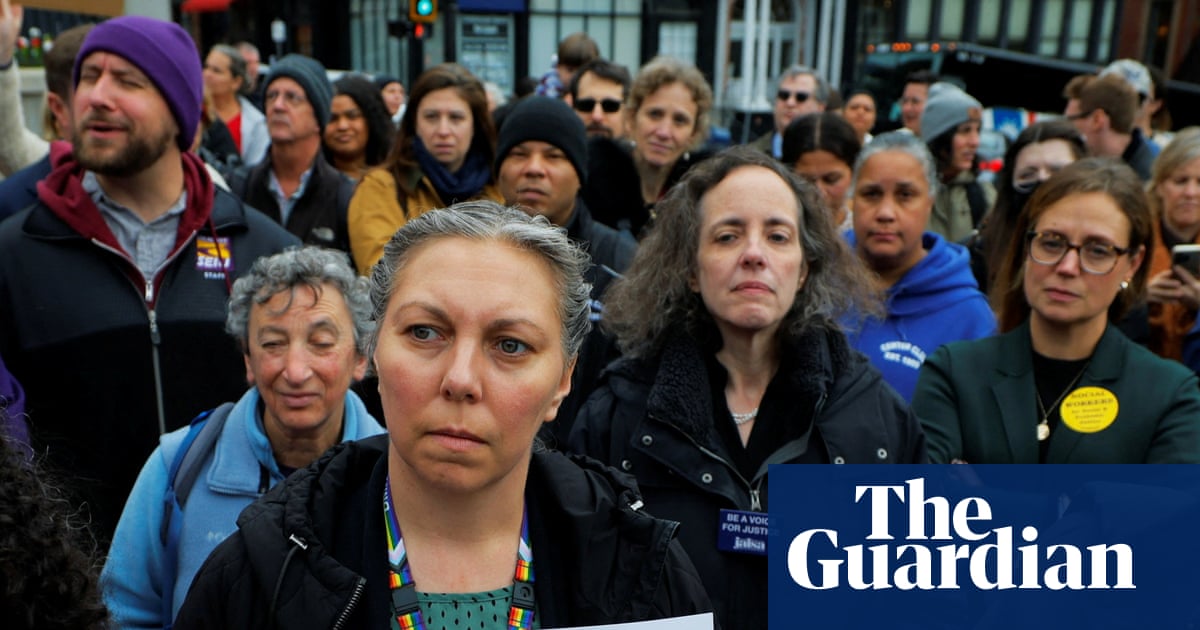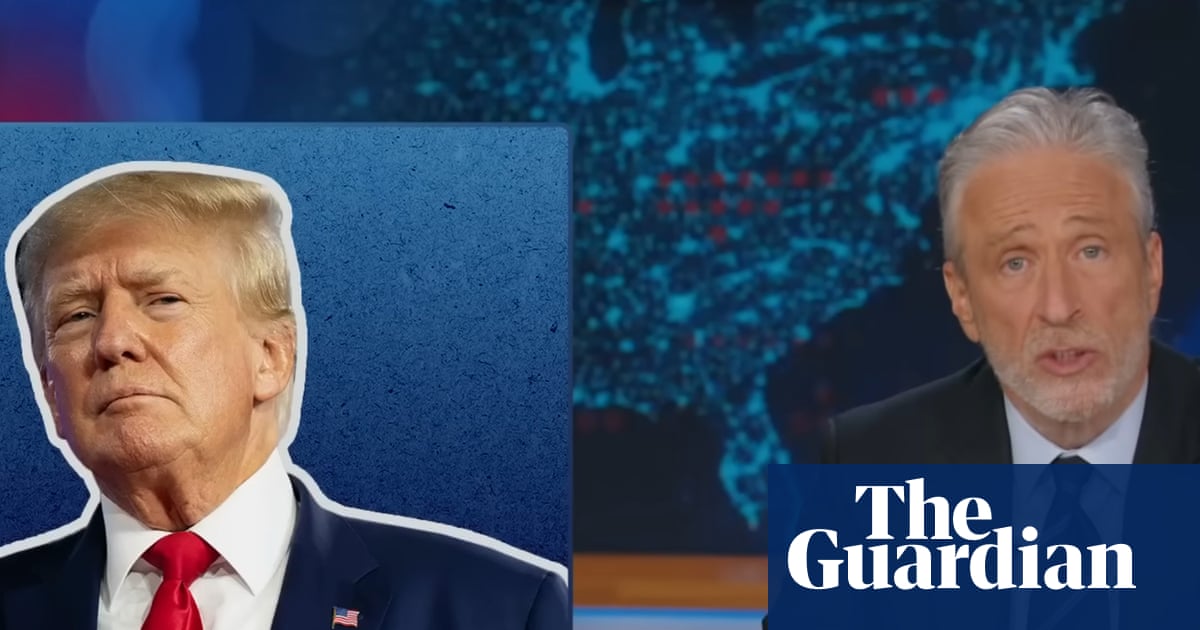The United States government is officially closed.
Starting on Wednesday at 12.01am Washington time, the federal government ran out of money.
Agencies and departments designed to protect consumers, workers and investors are now officially closed, as are national parks and museums.
Most federal workers are not being paid – as many as 750,000 could be furloughed – including those who are required to remain on the job, like air-traffic controllers or members of the US military.
So-called “mandatory” spending, including Social Security and Medicare payments, are continuing, although checks could be delayed. The construction of Trump’s new White House ballroom won’t be affected.
Shutdowns are symptoms of a government off the rails.
I’ve been directly involved in two, one when I was secretary of labor. It’s hard for me to describe the fear, frustration and chaos that ensued. I recall spending the first day consoling employees – many in tears as they headed out the door.
There have been eight shutdowns since 1990. Trump has now presided over four.
But this shutdown is different.
For one thing, it’s the consequence of a decision, made in July by Trump and Senate Republicans, to pass Trump’s gigantic “big beautiful bill” (which I prefer to term “the big ugly” bill) without any Democratic votes.
They could do that because of an arcane Senate procedure called “reconciliation”, which allowed the big ugly to get through with just 51 votes rather than the normal 60 required to overcome a filibuster.
The final tally was a squeaker. All Senate Democrats opposed the legislation. When three Senate Republicans joined them, JD Vance was called in to break a tie. Some Republicans bragged that they didn’t need a single Democrat.
The big ugly fundamentally altered the priorities of the United States government. It cut about $1tn from healthcare programs, including Medicaid and the Affordable Care Act, meaning that health insurance premiums for tens of millions of Americans will soar starting in January.
The big ugly also cut nutrition assistance and environmental protection, while bulking up immigration enforcement and cutting the taxes of wealthy Americans and big corporations.
Trump and Senate Republicans didn’t need a single Democrat then. But this time, Republicans couldn’t use the arcane reconciliation process to pass a bill to keep the government going.
Now they needed Senate Democratic votes.
Yet keeping the government going meant keeping all the priorities included in the big ugly bill that all Senate Democrats opposed.
Which is why Senate Democrats refused to sign on unless most of the big ugly’s cuts to Medicaid and the Affordable Care Act were restored, so health insurance premiums won’t soar next year.
Even if Senate Democrats had obtained that concession, the Republican bill to keep the government going would retain all the tax cuts for the wealthy and corporations contained in the big ugly, along with all the cuts in nutrition assistance, and all the increased funding for immigration enforcement.
There’s a deeper irony here.
As a practical matter, the US government has been “shut down” for more than eight months, since Trump took office this second time.
Trump and the sycophants surrounding him, such as Russell Vought, the director of the office of management and budget, and, before him, Elon Musk, have had no compunction about shutting down parts of the government they don’t like – such as USAID.
They’ve also moved to fire, furlough or extend buyouts to hundreds of thousands of federal employees doing work they don’t value, such as those working at the Consumer Financial Protection Bureau and the Corporation for Public Broadcasting.
They’ve impounded appropriations from Congress for activities they oppose, ranging across the entire federal government.
On the first day of the shutdown, Vought announced that the administration was freezing $18bn that Congress had appropriated for funding infrastructure in New York City (home to the Senate minority leader Chuck Schumer and the House minority leader Hakeem Jeffries).
All of this is illegal, but it seems unlikely that courts will act soon enough to prevent the administration from harming vast numbers of Americans.
Vought threatened to permanently fire more federal employees if the Democrats didn’t vote to continue funding the government. But nothing stopped Vought from doing it before the shutdown, and the shutdown presents no greater opportunity for him to do so.
In fact, the eagerness of Trump and his lapdogs over the last eight months to disregard the will of Congress and close whatever they want of the government offers another reason why Democrats shouldn’t have caved in.
Had Democrats voted to keep the government going, what guarantee would they have had that Trump would in fact keep the government going?
Democrats finally have some bargaining leverage. They should use it.
If tens of millions of Americans lose their health insurance starting in January because they can no longer afford to pay sky-high premiums, Trump and his Republicans will be blamed.
It would be Trump’s and his Republicans fault anyway – it’s part of their big ugly bill – but this way, in the fight over whether to reopen the government, Americans will have a chance to see Democrats standing up for them.
-
Robert Reich, a former US secretary of labor, is a professor of public policy emeritus at the University of California, Berkeley. He is a Guardian US columnist and his newsletter is at robertreich.substack.com. His new book, Coming Up Short: A Memoir of My America, is out now

 German (DE)
German (DE)  English (US)
English (US)  Spanish (ES)
Spanish (ES)  French (FR)
French (FR)  Hindi (IN)
Hindi (IN)  Italian (IT)
Italian (IT)  Russian (RU)
Russian (RU)  3 weeks ago
3 weeks ago
























Comments